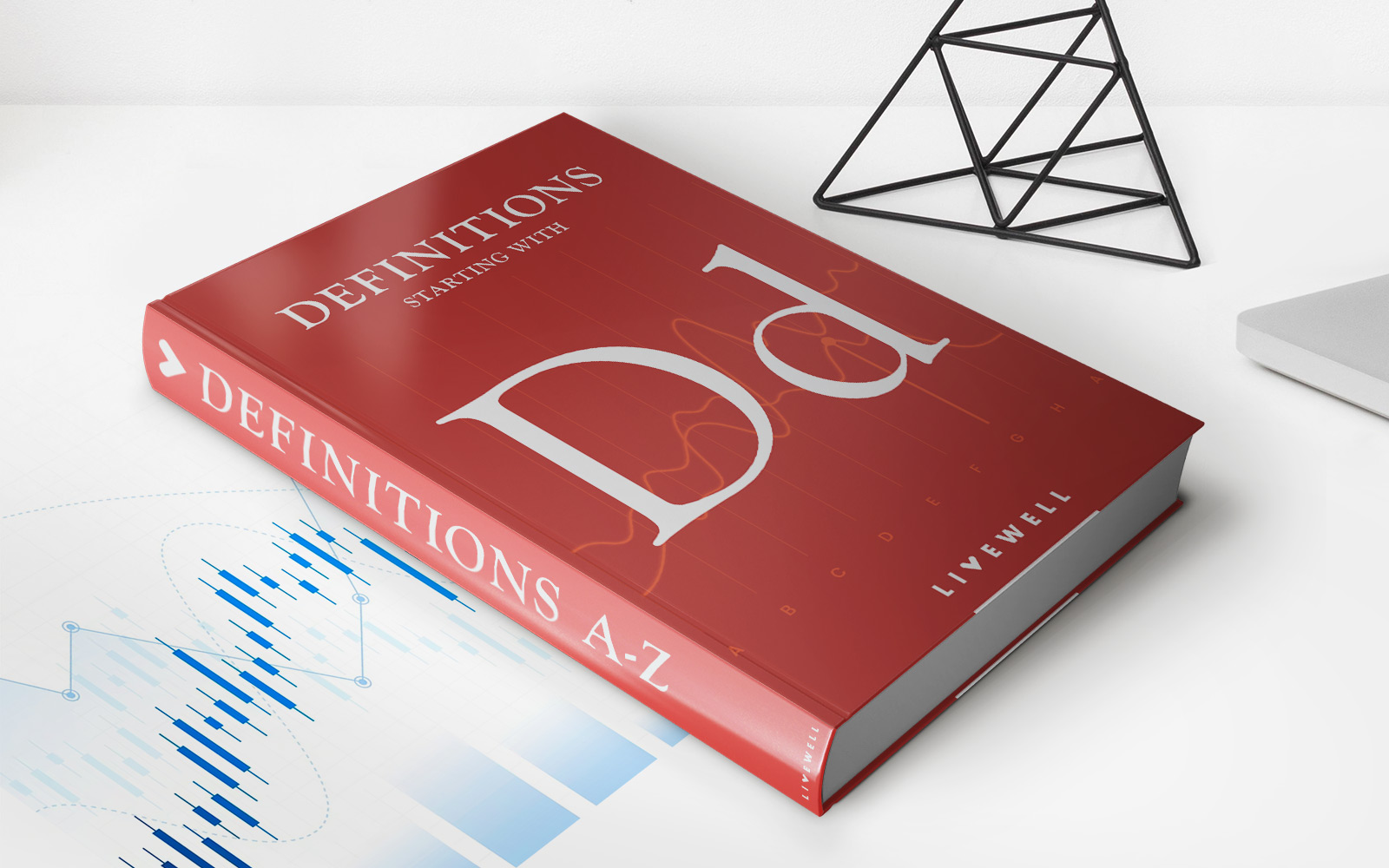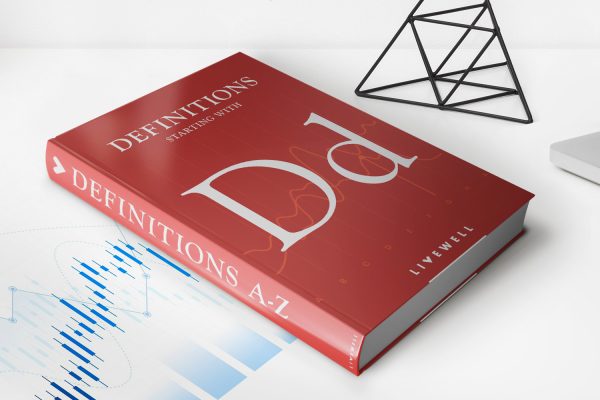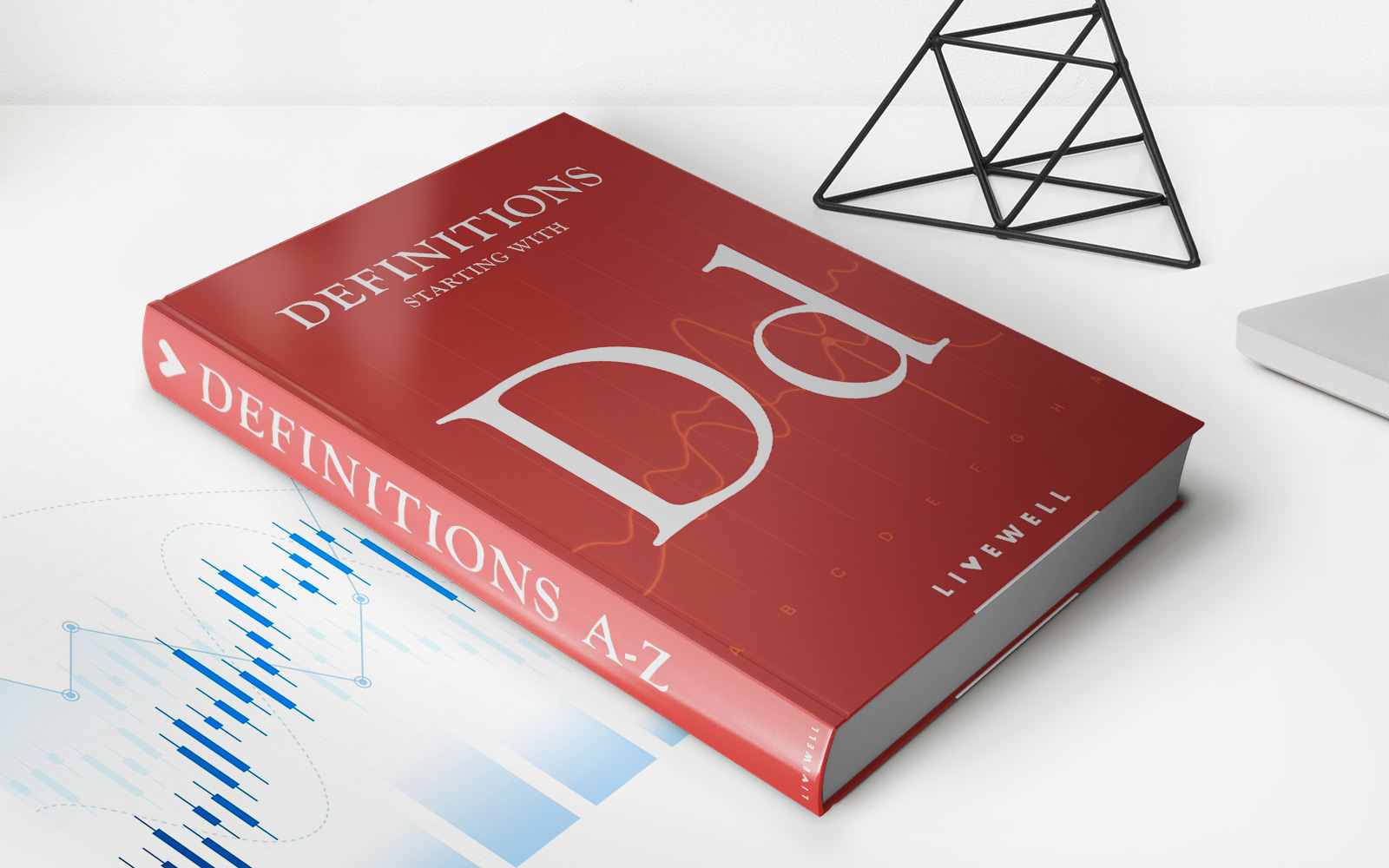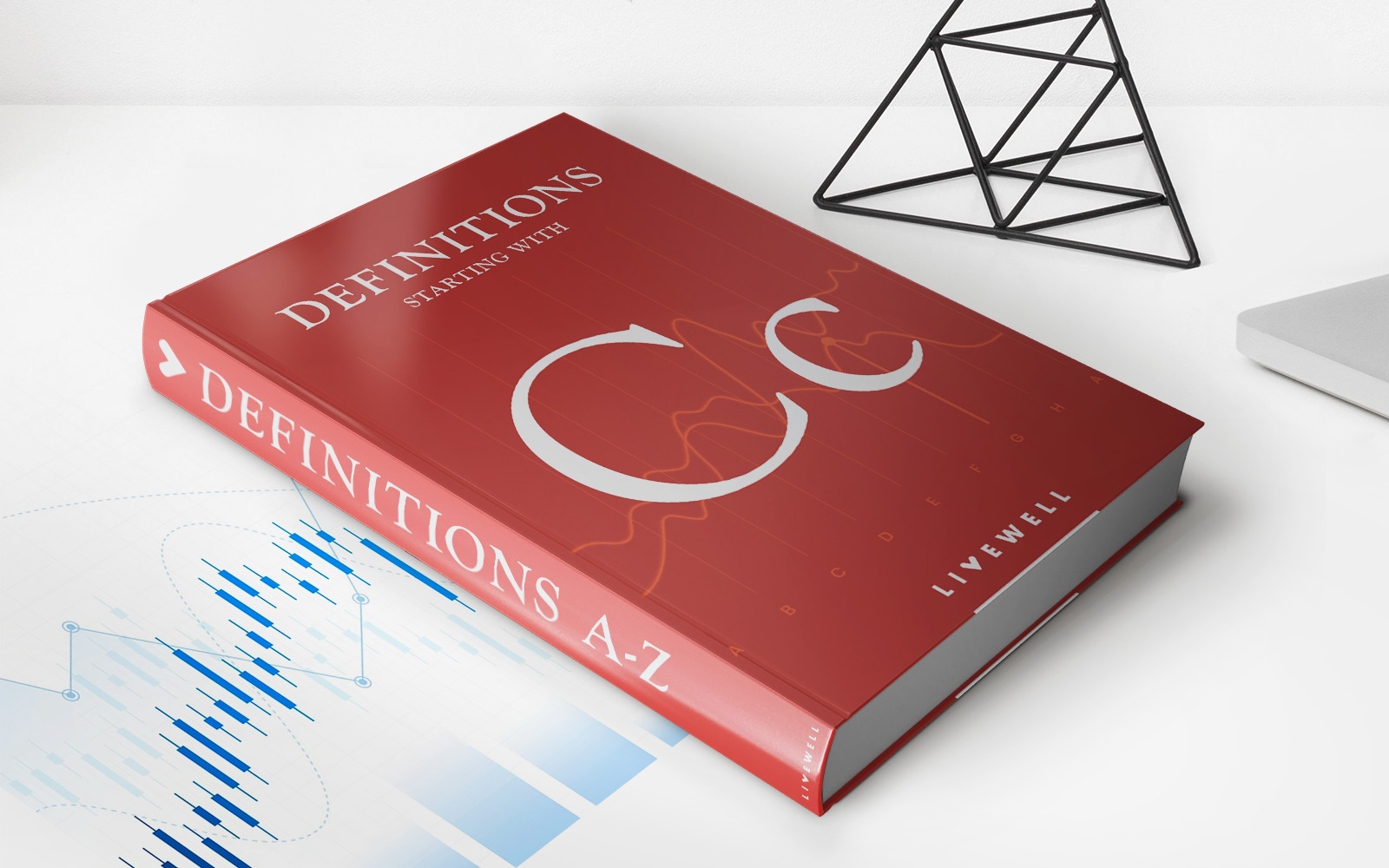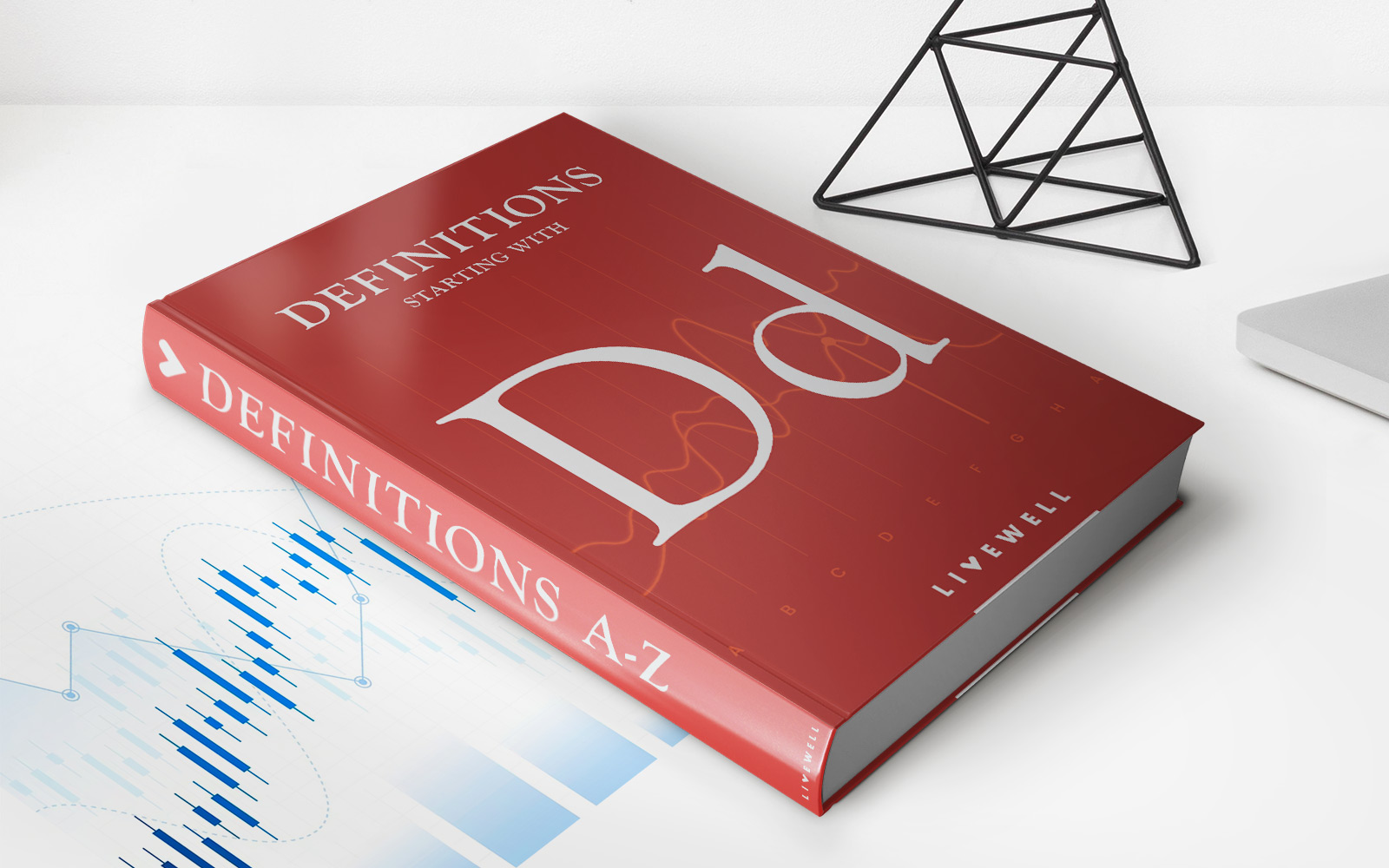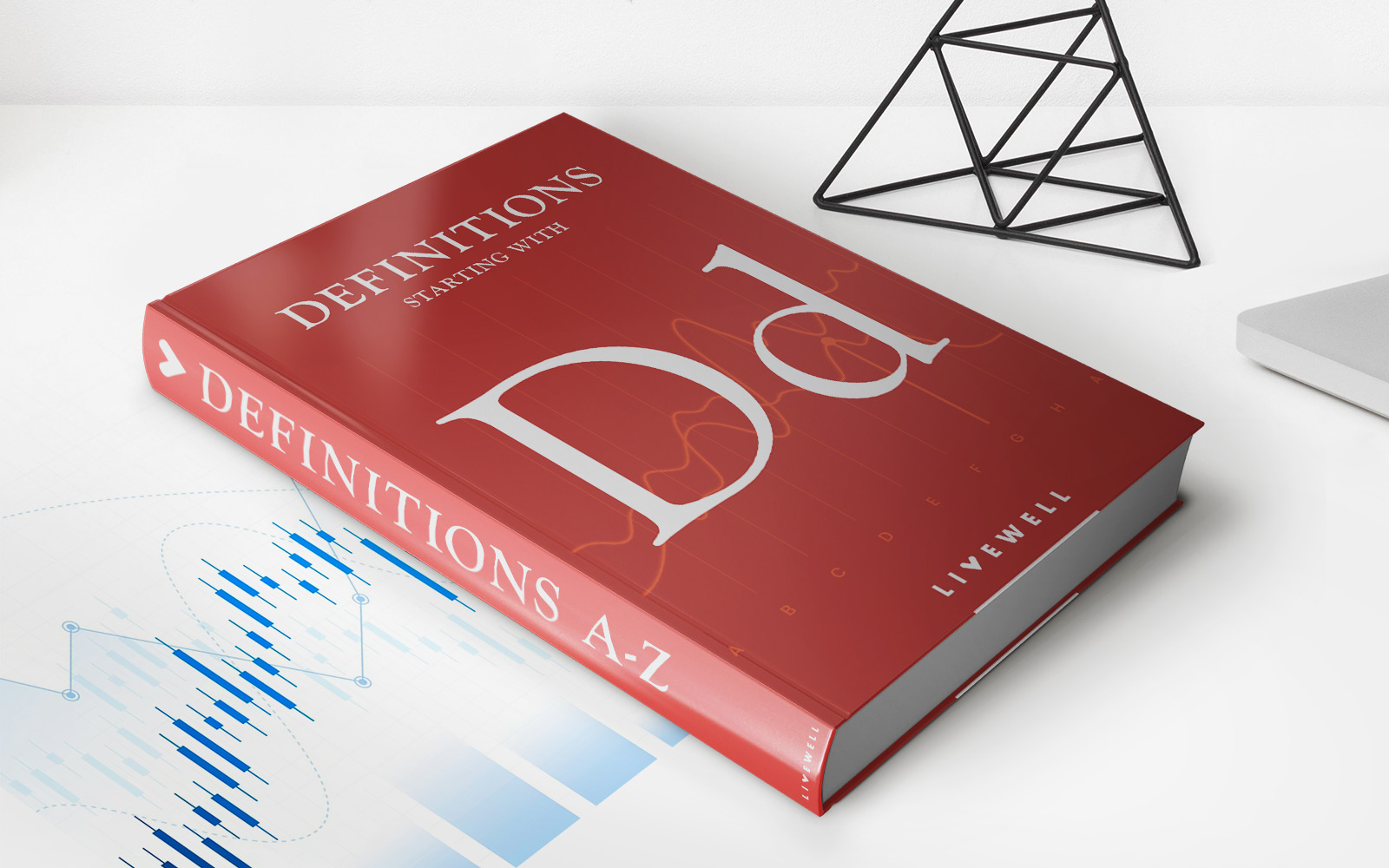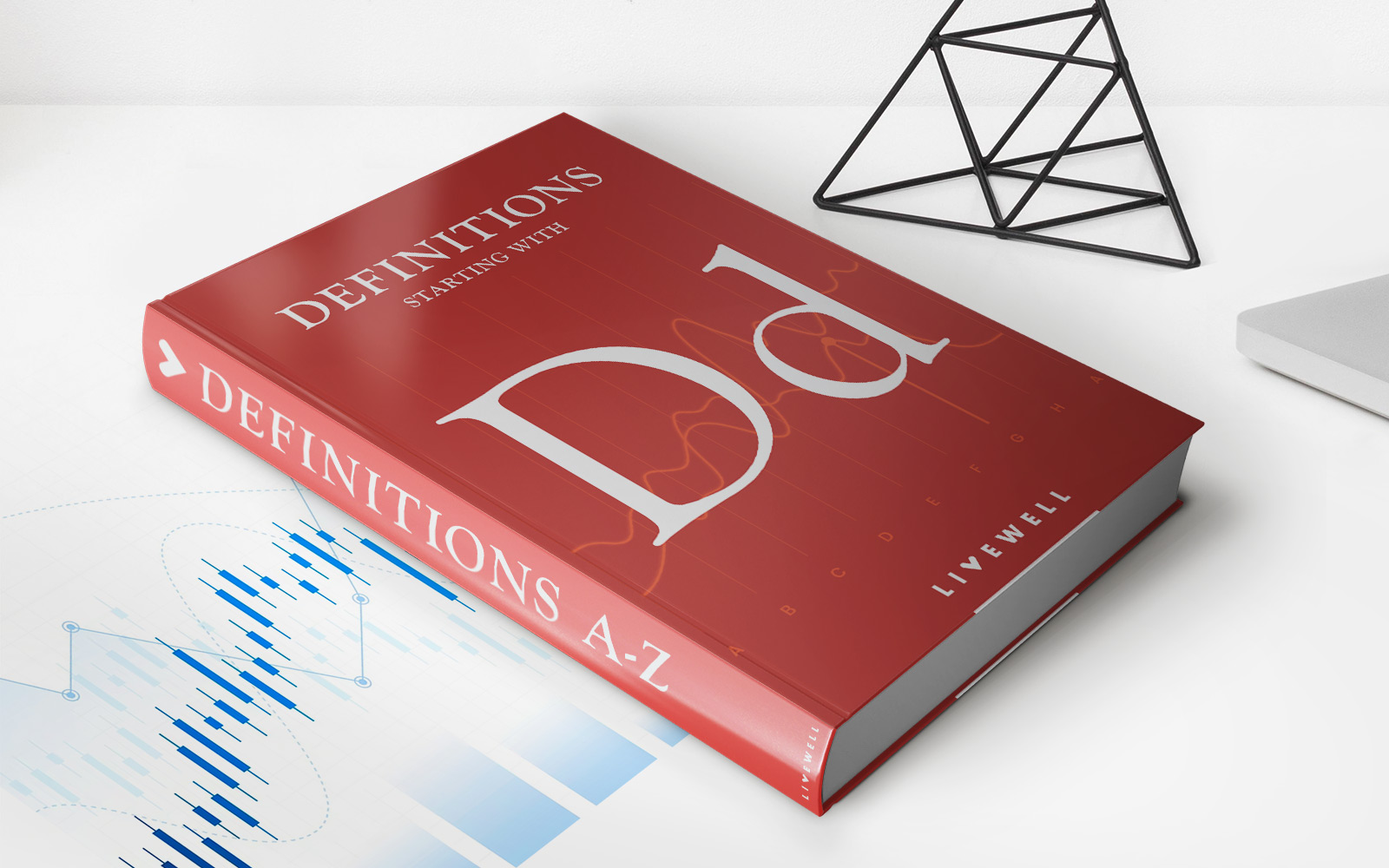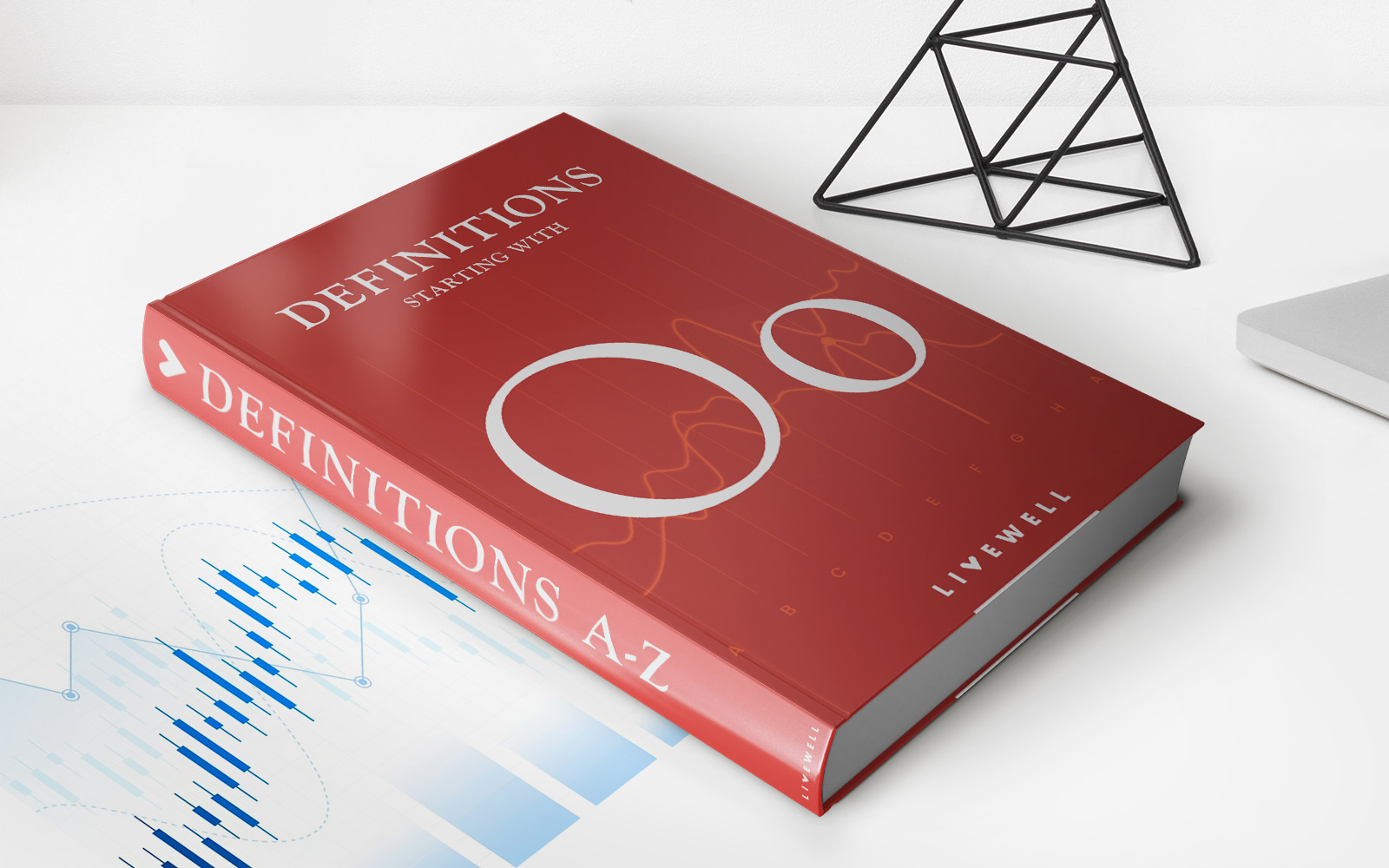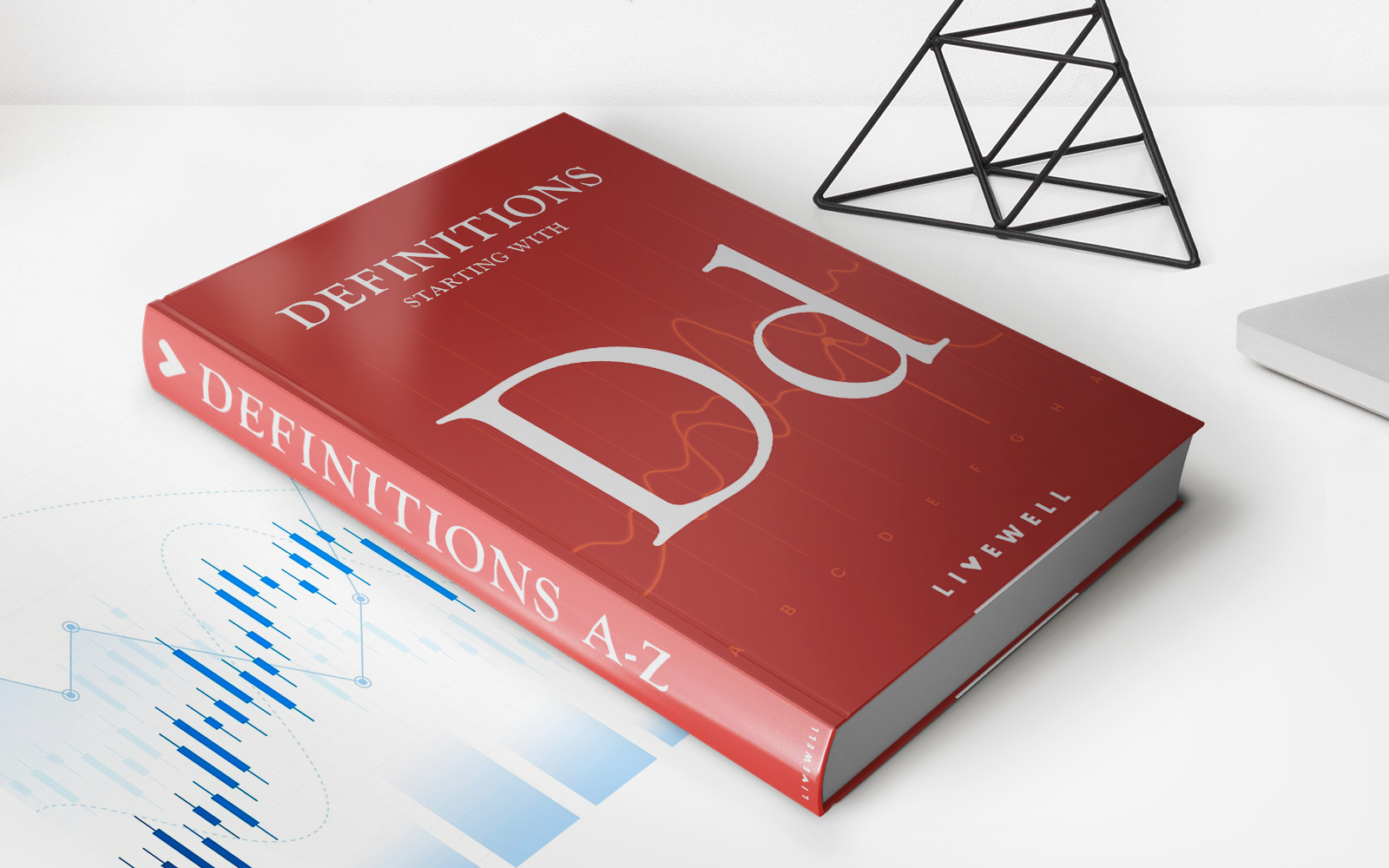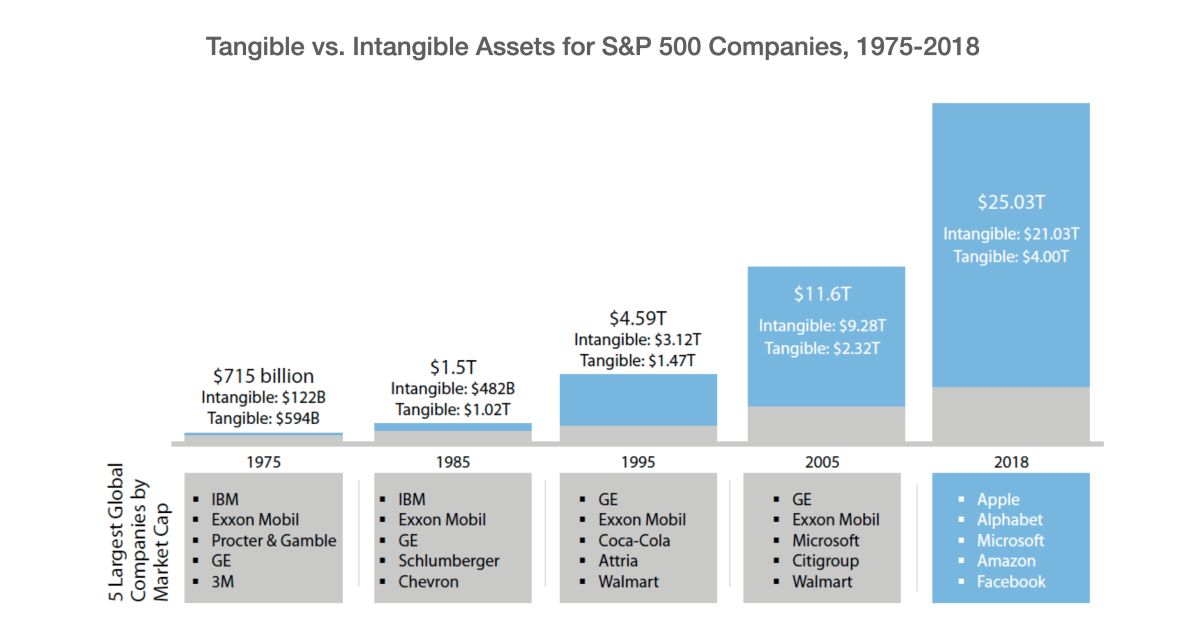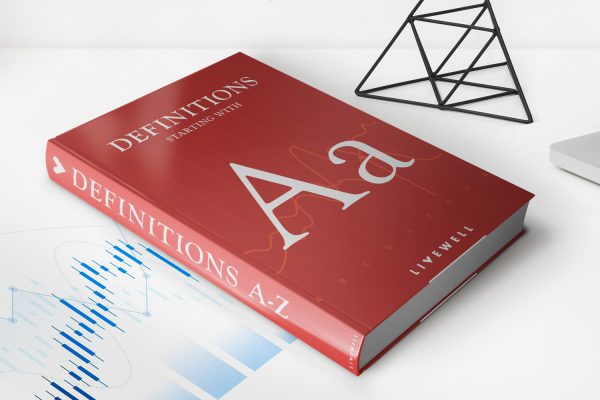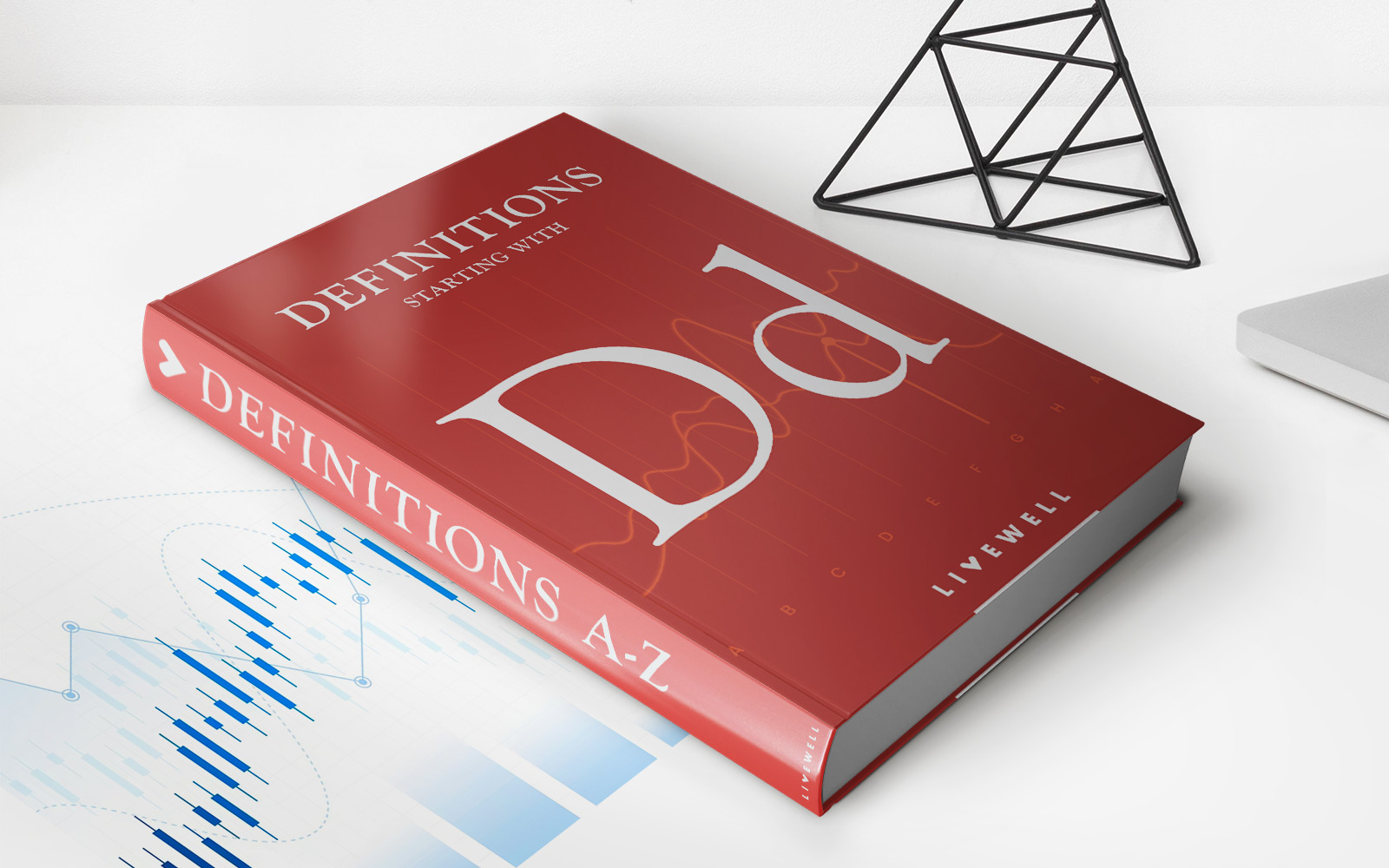

Finance
Dual Trading Definition
Published: November 14, 2023
Learn the definition and implications of dual trading in finance. Discover how this practice impacts the financial markets and the potential risks involved.
(Many of the links in this article redirect to a specific reviewed product. Your purchase of these products through affiliate links helps to generate commission for LiveWell, at no extra cost. Learn more)
Understanding Dual Trading: A Comprehensive Definition
Welcome to our Finance category, where we provide valuable insights into various financial concepts and strategies. In this blog post, we will shed light on the intriguing world of Dual Trading. If you’ve ever wondered what Dual Trading is and how it works, you’re in the right place. So, let’s dive in and explore this fascinating trading tactic.
What is Dual Trading?
Dual Trading refers to a practice within the financial markets where a person or entity acts as both a broker and a trader simultaneously. In other words, they have the ability to execute trades for their own account while also carrying out trades for their clients. This unique setup allows for the potential to profit from both sides of a transaction.
It’s essential to clarify that Dual Trading operates in regulated environments, such as commodity and futures exchanges. These exchanges typically permit dual traders, subject to specific rules and regulations to maintain fairness and prevent conflicts of interest. These rules are in place to protect the market integrity and ensure transparency.
How Does Dual Trading Work?
Dual Traders play a vital role in facilitating liquidity and efficient execution in the financial markets. Here’s a step-by-step breakdown of how Dual Trading works:
- A Dual Trader receives client orders to buy or sell a financial instrument, such as commodities or futures contracts.
- The Dual Trader utilizes their extensive market knowledge and trading expertise to execute these client orders at the best possible prices.
- Simultaneously, the Dual Trader can trade for their own account, taking positions in the same financial instruments.
- If the Dual Trader identifies a favorable market movement, they may execute a trade for their own benefit, capitalizing on the potential profit.
- Throughout the entire process, the Dual Trader is responsible for maintaining fairness and prioritizing client interests.
It’s important to note that Dual Trading requires immense skill and integrity. Dual Traders must act ethically and prioritize their clients’ orders, ensuring that they receive fair execution without any undue advantage given to their personal trades.
Key Takeaways:
- Dual Trading refers to the practice of acting as both a broker and a trader simultaneously, executing trades for clients and oneself.
- Dual Trading is regulated in certain markets to maintain fairness and transparency.
If you’re considering investing or engaging in Dual Trading, it’s crucial to familiarize yourself with the regulations and seek guidance from qualified professionals.
We hope this blog post has provided you with valuable insights into the definition and workings of Dual Trading. Stay tuned for more informative content on various financial topics, exclusively in our Finance category.
